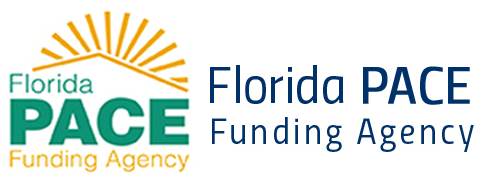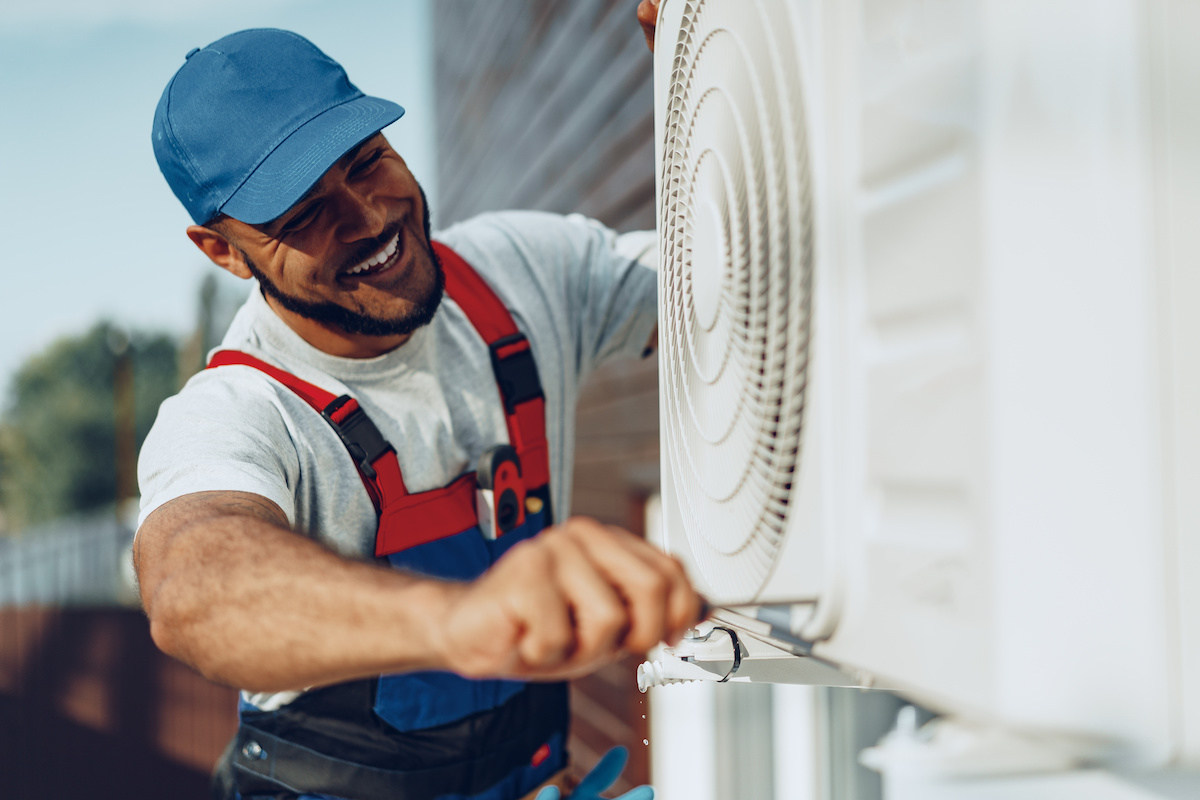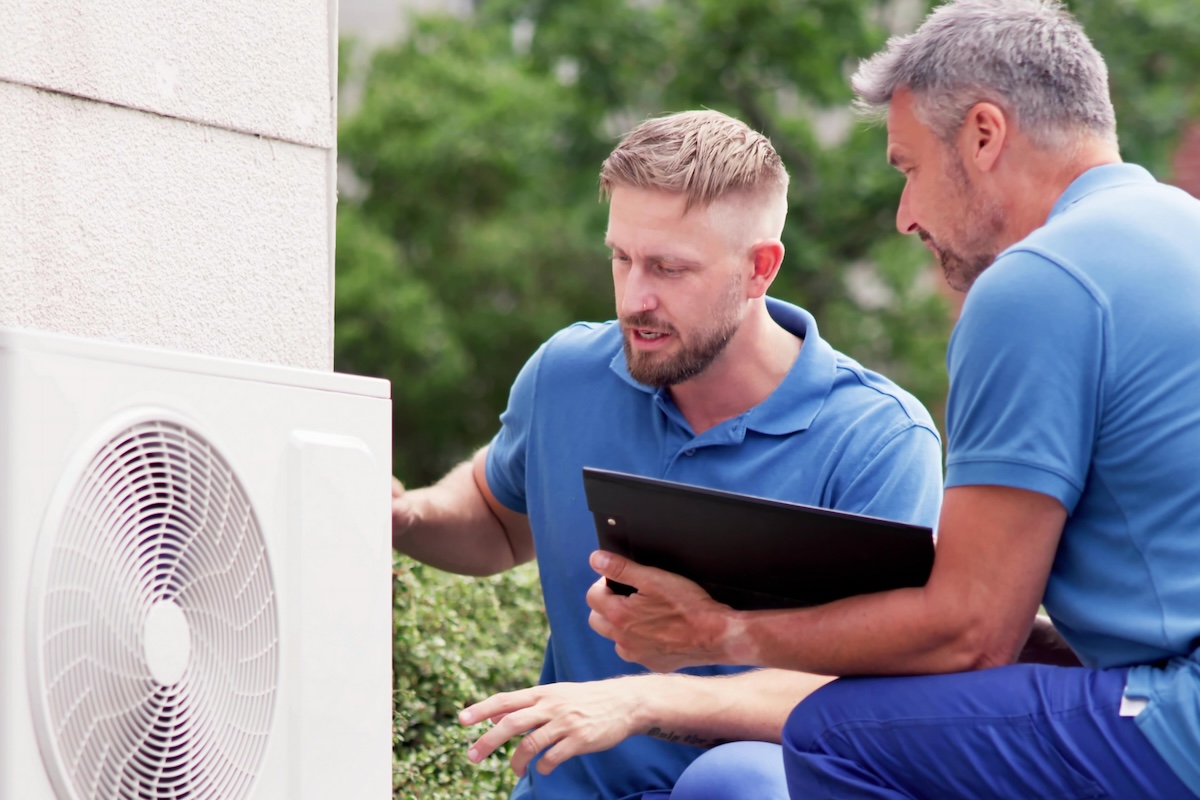
The Importance of Regular HVAC Inspections: Why They Matter for Your Home
Did you know that nearly 50% of your home’s energy use comes from heating and cooling? Your HVAC system works hard to keep your home comfortable year-round, especially in Florida’s heat and humidity. But without regular maintenance, it can become inefficient, drive up energy costs and even pose safety risks.
Scheduling routine HVAC inspections is about more than just staying comfortable — it’s a smart investment in lower energy bills, better air quality and a longer system lifespan. By catching small issues before they turn into costly repairs, inspections help ensure your system runs efficiently for years to come.
What Is an HVAC Inspection?
An HVAC inspection is a professional evaluation of your home’s heating and cooling system. During an inspection, a certified technician assesses the performance, efficiency and safety of your air conditioning unit, furnace, ductwork and ventilation. These routine checkups help homeowners identify potential issues early, improve system performance and reduce energy costs.
Why Regular HVAC Inspections Are Important
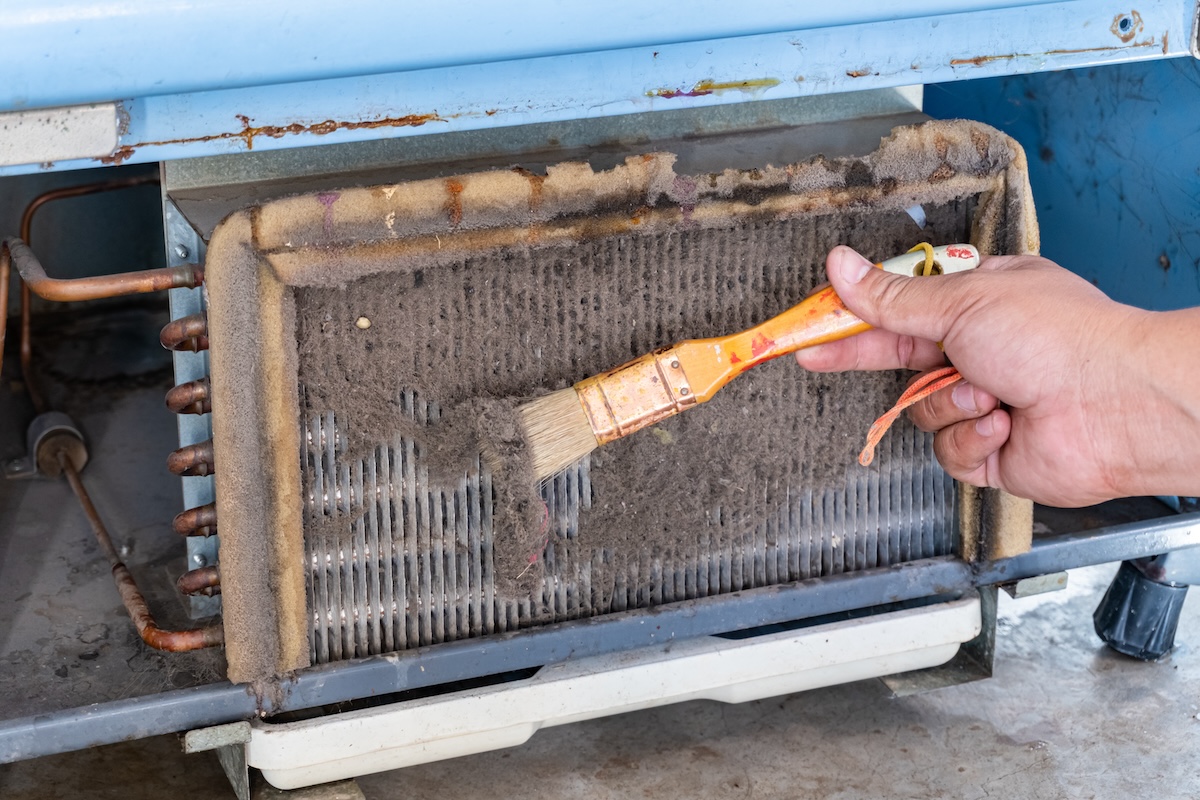
Improve Energy Efficiency
A well-maintained HVAC system runs more efficiently, using less energy to heat and cool your home. Dirty filters, clogged coils and worn-out components force your system to work harder, leading to higher utility bills. Routine inspections help fine-tune your system, keeping costs in check while reducing energy waste.
Prevent Expensive Repairs
Minor HVAC issues like refrigerant leaks, loose electrical connections or worn-out parts can quickly escalate into costly breakdowns if ignored. Routine inspections help catch these problems early, saving you from unexpected repair bills and emergency service calls. If your AC isn’t cooling properly, check out this guide on common AC problems to see what might be causing the issue.
Extend the Lifespan of Your HVAC System
Your HVAC system is one of the biggest investments in your home, and you want it to last. Regular inspections prevent excessive wear and tear, helping your system function smoothly for years. A well-maintained HVAC unit can last 15 to 20 years, but without regular upkeep, it may need to be replaced much sooner — an inconvenient and costly expense, often running several thousand dollars.
Improve Indoor Air Quality
Your HVAC system circulates air throughout your home, meaning it directly impacts indoor air quality. Dust, allergens, mold and bacteria can build up in filters and ductwork, leading to respiratory issues and allergy flare-ups. Routine inspections include filter replacements and duct cleanings, ensuring your home’s air is as clean and healthy as possible.
Keep Your Home and Family Safe
An improperly maintained HVAC system can pose serious safety risks, including gas leaks, carbon monoxide buildup and electrical hazards. During an inspection, technicians check for these dangers and ensure your system complies with safety regulations, giving you peace of mind.
What Happens During an HVAC Inspection?
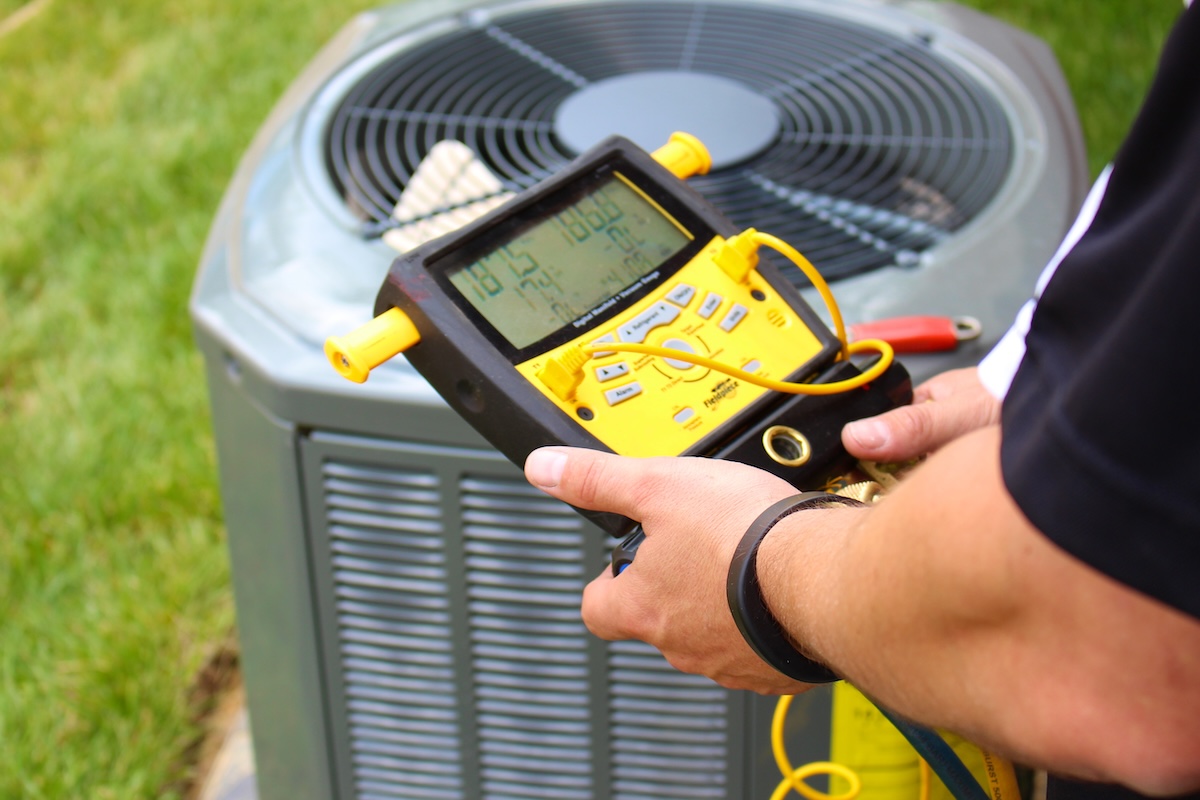
During a routine inspection, a technician will evaluate several key components of your HVAC system, including:
Checking Air Conditioning and Heating Components
- Inspecting the AC unit, furnace and thermostat for signs of wear
- Testing system efficiency and functionality
- Lubricating moving parts to prevent mechanical failures
Inspecting Air Filters and Ductwork
- Cleaning or replacing air filters for better airflow
- Checking ductwork for leaks, blockages or mold buildup
- Ensuring proper ventilation for consistent indoor air quality
Testing for Refrigerant Leaks and Electrical Issues
- Checking refrigerant levels and identifying potential leaks
- Inspecting electrical connections to prevent hazards
- Testing safety controls and thermostat accuracy
How Often Should You Get an HVAC Inspection?
The frequency of HVAC inspections depends on your system’s age and usage. Here’s a general guideline:
- Twice a Year (Spring & Fall): Ideally, schedule an inspection before the summer and winter seasons to ensure peak performance.
- Annual Checkups: If biannual maintenance isn’t possible, a yearly inspection is still highly recommended to keep your system in good shape.
- Every Six Months for Older Systems (10+ Years): Aging systems are more prone to breakdowns, so frequent inspections help extend their lifespan and catch issues early.
Don’t Wait for Your HVAC System To Fail
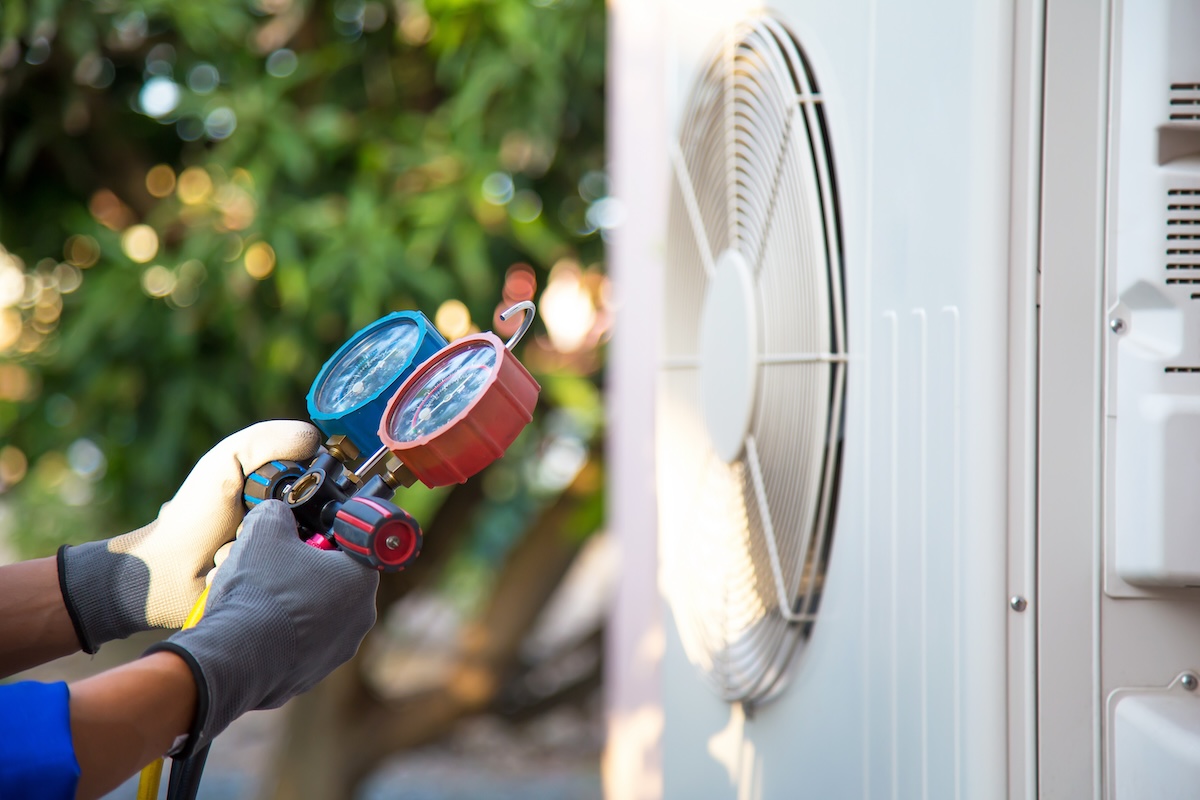
Regular HVAC inspections help maintain your system’s efficiency, safety and lifespan. But if your unit is outdated or struggling to keep up, upgrading to a modern, energy-efficient system can significantly lower your energy bills and improve indoor air quality.
Through the Florida PACE Funding Agency, homeowners can fund HVAC upgrades and other energy-efficient improvements with no upfront costs. Instead of paying out of pocket, the cost is added to your property tax bill through a fixed-rate assessment, making upgrades more affordable.
Why Choose Florida PACE?
- No upfront payments: Start your upgrade without a large initial expense.
- Long-term, fixed-rate financing: Predictable payments that fit your budget.
- Increase home value: Improve energy efficiency while boosting your property’s worth.
Invest in a more efficient home today by funding your HVAC upgrade through Florida PACE!
